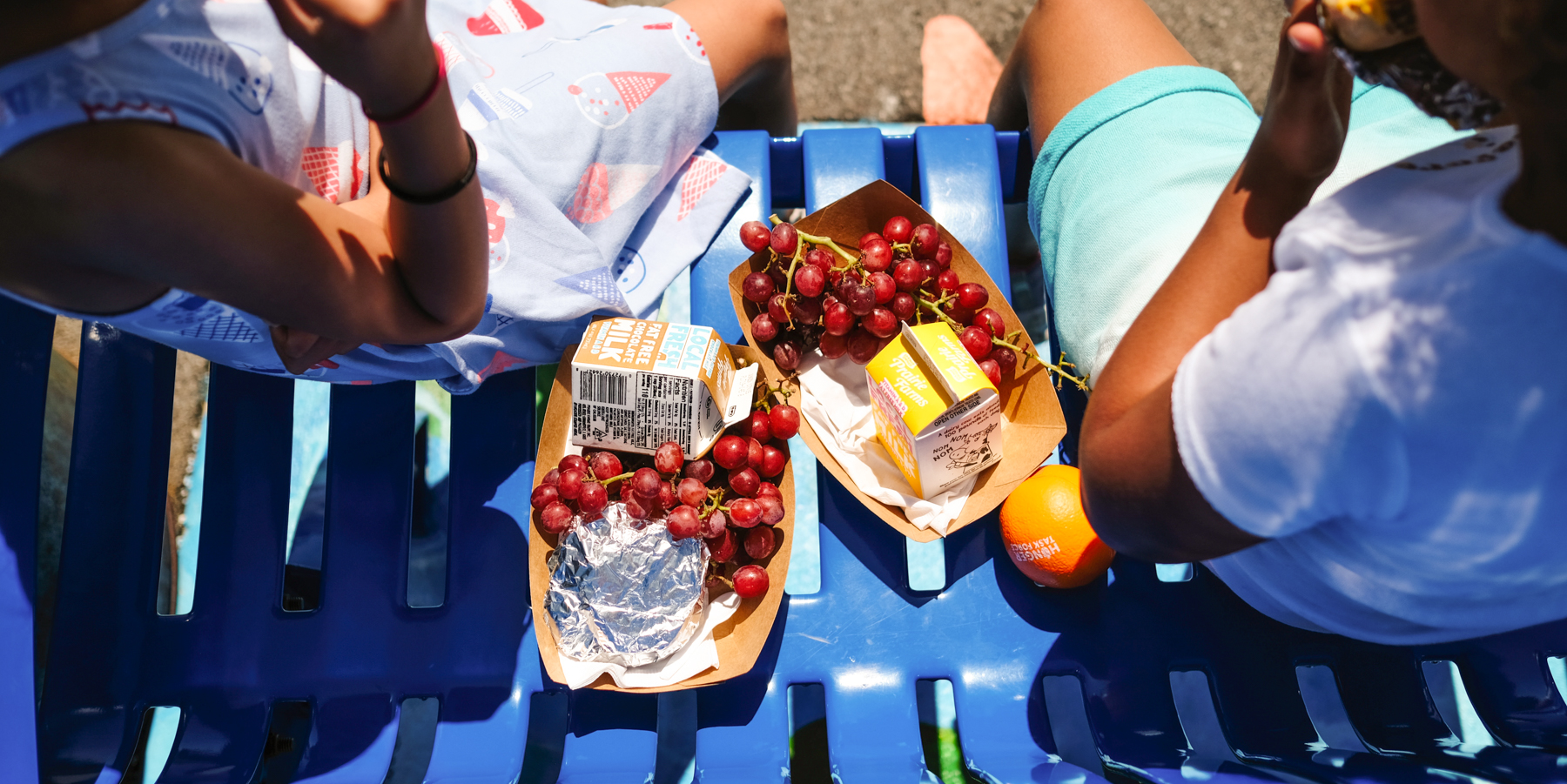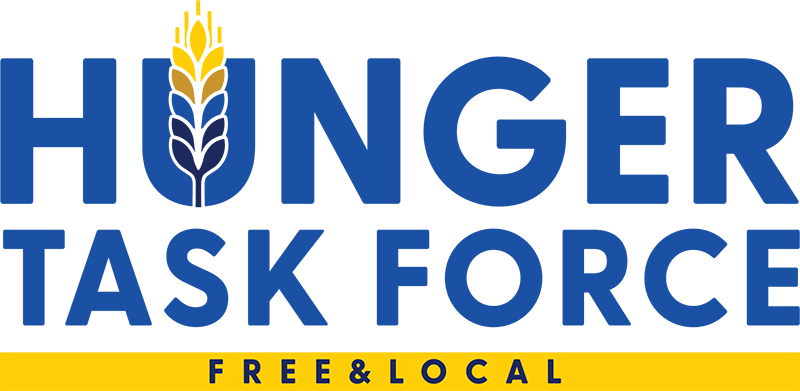203,752 Summertime Meals Served to Local Kids in 2022
Summertime is peak season for childhood hunger as students go without meals they would normally receive at school. The U.S. Department of Agriculture’s (USDA) Summer Food Service Program (SFSP), also known as the Summer Meals Program, provides kids and teens in low-income areas free meals and activities when school is out. Encouraging children and families to “Meet Up and Eat Up”, Hunger Task Force administers the SFSP in such a large and inclusive way that it’s often dubbed the “Milwaukee Model.”
Summer has come and gone, and students have returned to their classrooms and the routine of the school year. During the 2022 summer break, 203,752 meals were served at sites within the Milwaukee collaboration. “A summer meal program requires extensive coordination with local partners,” says Ashley Best, Community Nutrition Program Manager. “Hunger Task Force works with school districts, non-profit organizations, sponsors and county services to fill the summer nutrition gap.”
However, despite the importance of this summer resource, Milwaukee has seen a noticeable decrease in meal sites, as well as community participation, over the last several years, compared to previous, pre-pandemic summers. Continued effects from the pandemic, including staffing, volunteer and driver shortages, impacted food planning and led to a reduction in site participation. “Hunger Task Force works to ensure families can find help and resources with dignity,” says Matt King, Hunger Task Force Associate Director. “We are continuing to develop partnerships and innovative solutions to address summer hunger, because no child should go hungry.”
Necessary adjustments in service caused by the pandemic paved the way for more innovative and adaptive approaches. A pilot program providing families with weekly food boxes – the Baby Badger Box – launched at select summer meal sites. Modeled off the state-wide Badger Box program initiated by Hunger Task Force in 2022, Baby Badger Boxes supplemented summer meals, providing families with a weekly supply of fresh Wisconsin-produced products to take home. A win-win for the Badger State, this program feeds local families while supporting Wisconsin farmers and food producers. The program was well received by families, and the program will continue to be modified to fit the needs of Milwaukee families.
Hunger Task Force hopes to reignite a strong upward trend of participation next summer by continuing to focus on intentional outreach and strengthening community partnerships throughout the year. Keeping the children of Milwaukee fed is incredibly important work and a commitment of Hunger Task Force, ensuring our city’s children return to school heathy and ready to learn this fall.

Image by photographer for No Kid Hungry.
